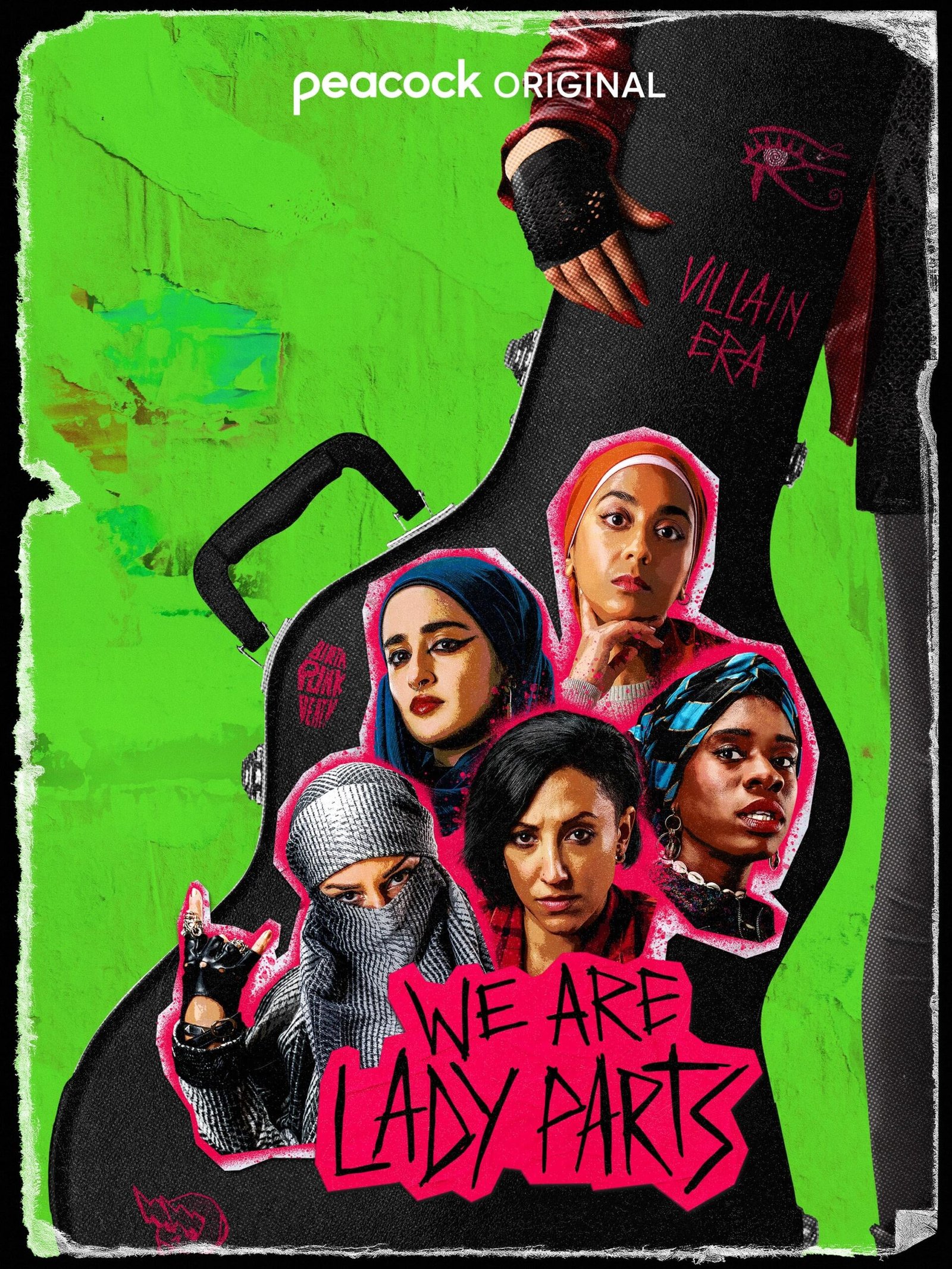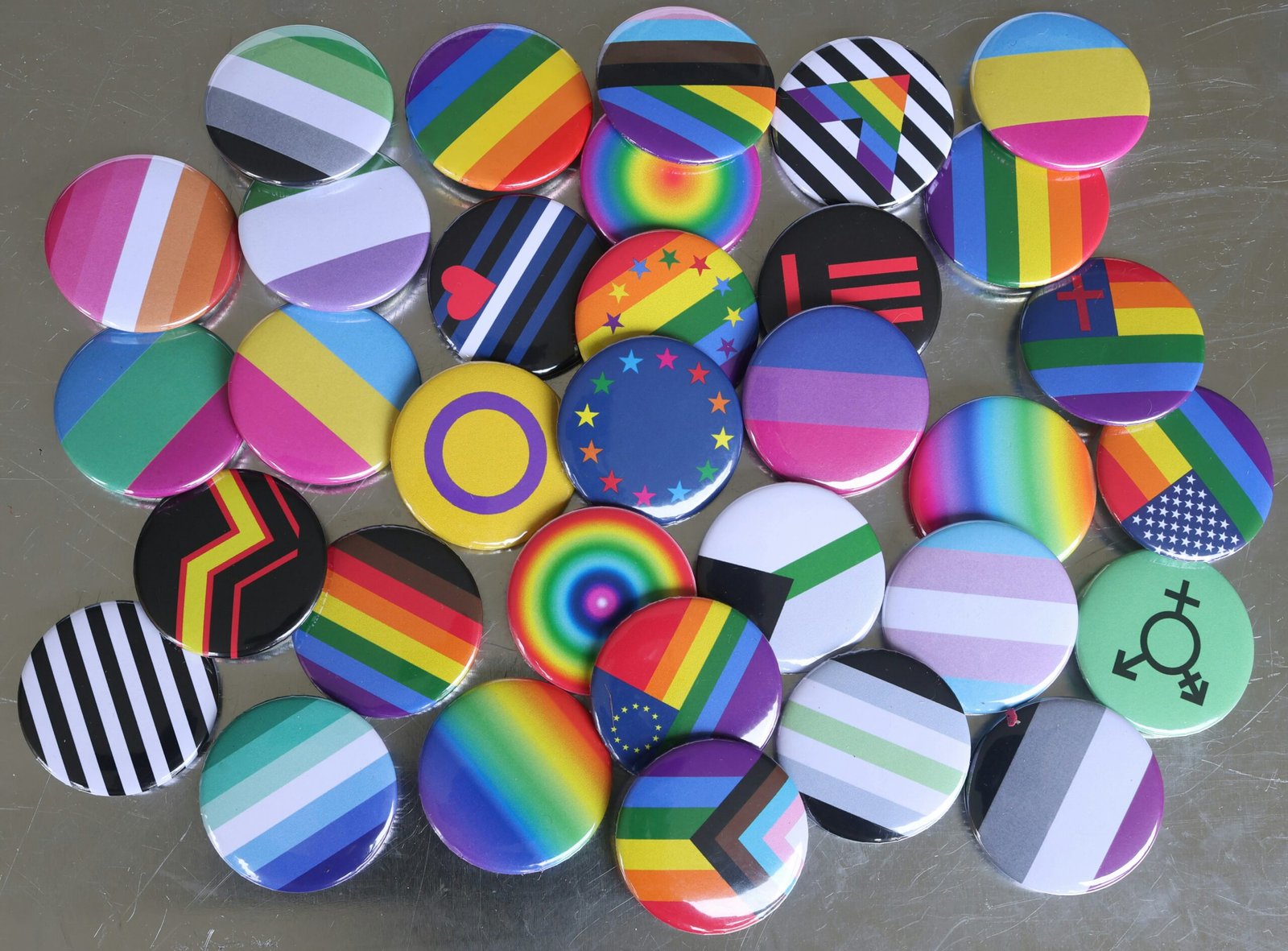No products in the cart.

Loud, Brown, and Queer; We Are Lady Parts is a must-watch
From the brilliant mind of Nida Manzoor comes the desi diaspora representation I wish I had growing up. It’s brilliant not because it claims to be a portmanteau of desi culture, but because it focuses so beautifully on the identity of the second and maybe even third-generation diaspora. These women are undoubtedly British, but the baggage of being brown in a world that rarely accommodates the in-between is handled with nuance, grace, and a wicked sense of humour. The show never panders to audiences in the Global South, nor does it exoticise itself for a white gaze. It simply tries to capture the distinct experience of being Desi and Muslim — layered, diverse, and often misunderstood.
The cast is phenomenal. Each performance tugs at your heartstrings with sincerity, grit, and joy. The first season caught me off-guard, in a good way; I discovered it when Nida made her feature film debut with Polite Society. Seeing desi women performing martial arts stunts in anarkalis? That healed a part of me I didn’t even know needed healing.
We Are Lady Parts is something else entirely. It is not an action show, it is a musical. Western studios have historically floundered when it comes to musical TV. Glee was … fine, but let’s not pretend it should be the standard. In We Are Lady Parts, Nida, with her deep understanding of Bollywood’s exuberance and storytelling, brings a refreshing vibrancy to a genre that’s been underused and often misrepresented. The result? A show that’s as punchy as it is profound.
Anjana Vasan is a revelation. She’s been making waves in Western media for a while now, with small roles in Spiderman: Far From Home and Sex Education, then more significant roles post-We Are Lady Parts in Killing Eve and Black Mirror. If you’re coming to Lady Parts after seeing her in those, it might be hard to initially place her as Amina. But give it time. She sinks into the role of the girl-next-door, goody-two-shoes, boy-crazy Amina with a kind of awkward brilliance. Her comedic timing, shaped by her theatre background, is pitch-perfect, and her narration gives the show a kinetic, journal-like energy.
That being said, I do have a couple of qualms with Season 2.
Firstly, Mumtaz’s growth arc felt rushed. Mumtaz Records becoming a success overnight, finding a space with seemingly no struggle, felt out of sync with the grounded storytelling we got in Season 1 and the early part of Season 2. Access to public spaces for marginalised groups is dwindling across the globe. I felt that was not reflected well. It lacked the messy realness we’ve come to love. Secondly, Amina getting back with Ahsan, Ayesha’s toxic brother, was baffling. I sincerely hope Season 3 brings some vindication, or I will throw hands.
Still, Season 2 captures the struggle of indie groups and musicians with unflinching honesty. The depiction of predatory mainstream labels is subtle yet leaves an aftertaste. We Are Lady Parts touched upon the same exploitative practices that have led many legendary musicians to die penniless or alone. And for the ending, Lady Parts taking the DIY route like Radiohead or Arctic Monkeys — felt spot-on for a British alt-rock group. It was both expected and deeply satisfying.
And the queer rep? Chef’s kiss. Both Ayesha and Saira are queer, and it’s not just subtext, it’s visible, present, and lived. Ayesha’s sapphic relationship has evolved meaningfully, and the interpersonal tensions are finally bubbling to the surface. I’m hoping for more exploration in future seasons. As for Saira, there’s something quietly affirming in her portrayal that feels trans masc-adjacent. Maybe I’m reading too much into it, but I’d love to see a desi tboy making music, stereotypes be damned.
I want more of We Are Lady Parts. I’m not satiated. I want more episodes. We know a third season is coming, but we do not know when. I also want more stories like this one from desi creators. Stories that speak to the struggles, joys, absurdities, and magic of the diaspora experience. Shows like We Are Lady Parts or Man Like Mobeen. Honestly, imagine Guz Khan or Shazad Latif showing up in Lady Parts, how iconic would that be?
Nida Manzoor is creating something rare: not just good TV, but necessary TV. I, for one, can’t wait to see what the future brings.



POST COMMENT